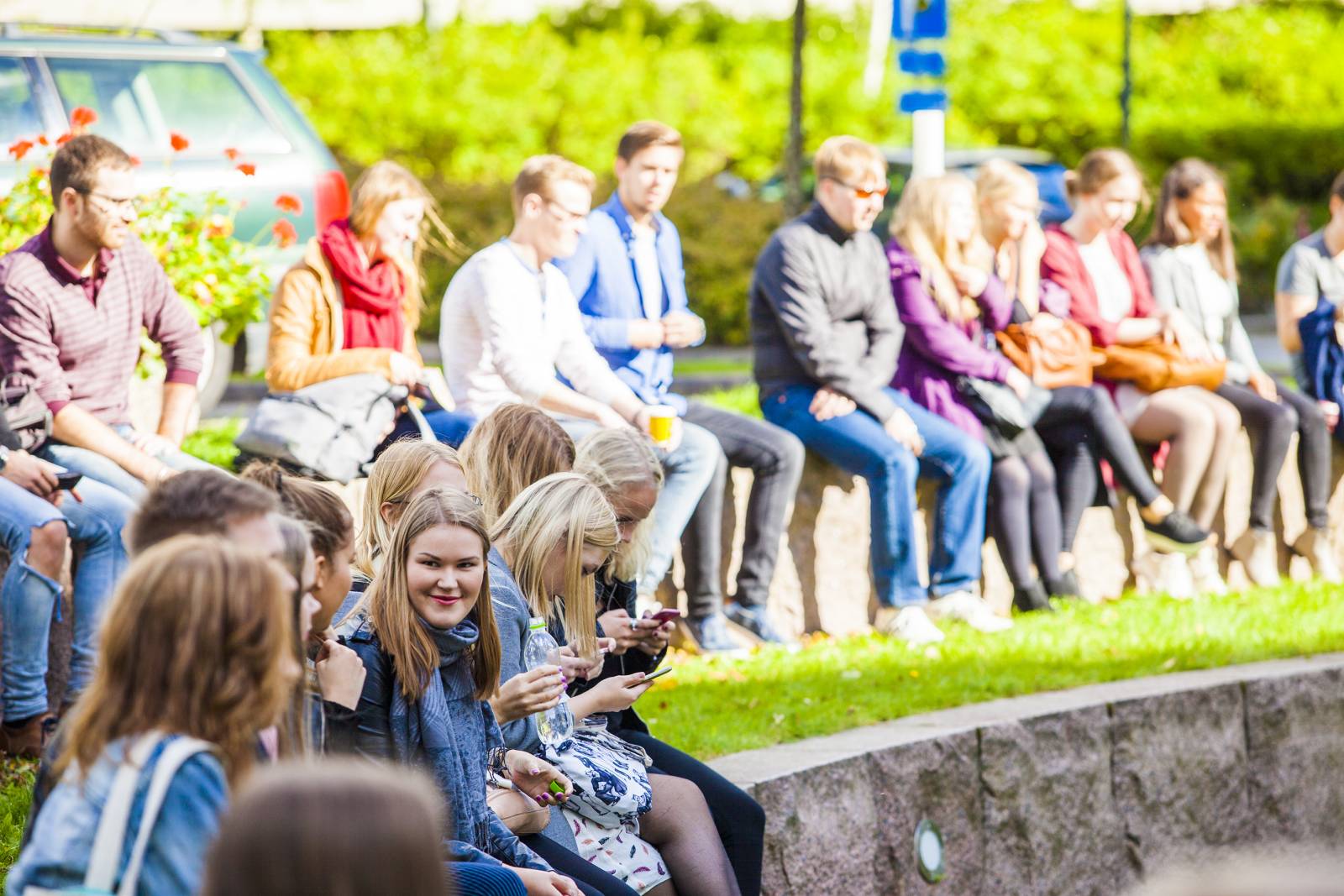The Tampere University’s Sustainable Development Report of 2021–2022 is, in a lot of ways, still an experiment that is searching for its final form. We hope that in the future, the report will grow to be an important channel for our community to share their know-how and accomplishments in all things sustainable. This report especially highlights the sustainability work done in our community, but it will also receive a more official Responsibility Report along its side in the upcoming years.
The report is based on the UN Sustainable Development Goals (SDGs). These goals provide an important and global common language for discussing sustainability across geographic regions and disciplinary boundaries. One of the role models for our report has been The University of Manchester’s extensive SDG report, as well as our strategic partner Tampere City’s Voluntary Local Review.
Community activity was the key
The university’s community has had an active role in reporting the sustainability work done in 2021–2022. We released several calls during the spring of 2023 on the intranet, faculty-specific mailing lists, as well as in our Yammer group and mailing list dedicated to sustainability work to invite the community to share information about their activities
We have further developed our form template to gather more essential information about the sustainability actions. The actions have been then classified into SDGs by their primary impacts, even if this kind of division is occasionally difficult as many sustainability actions further a lot of different sustainability goals. Different actions have also been classified by whether they have been done by our faculties, the organisation, or our students. We have also examined whether the reported activities are part of our community’s research projects, training events, collaborative projects, or changes in ways of operation.
Please consider the following points as you read through this report:
- It has been necessary to make some simplifications in the report for clarity. The boundaries between research, education, societal impact, and changes in ways of operation aren’t necessarily clean-cut, some of the actions could be part of more than one faculty, and dividing the actions under SDGs is difficult as most of the actions have an impact on more than one goal if not all of them. We, however, think that a simplified model helps especially those, who still are unfamiliar with SDGs.
- We don’t believe that an exhaustive report is realistic or necessary in our organisation where actions to further sustainability are constantly happening. We, however, hope that the report will help further understand SDGs and the manifold nature of sustainability actions and perhaps helps you find potential new collaboration partners. The report is also a communicative tool that verifies the carbon handprint to a bigger audience as well as helps us concretise what happens in our community in the name of sustainability.
- We have received many extensive, well-written documents from our community members describing the activities underway within our community which we have been forced to shorten while preparing this report. We will look into the possibility of further highlighting these actions in our communication to concretise our carbon handprint to our community even more!
- We have not divided the actions done in our Support Services into SDGs but have instead listed these actions in a more accessible form. We wanted to highlight the work done in the community but will also uplift a few actions done in our Support Services as a lot of sustainability work is done all throughout our organisation.
- We are planning on starting the process of sustainability reporting in 2023 immediately after the year ends and hope that in the future our report will become a living, constantly updated centre of information. This way we could make an encompassing report of the sustainability activities done in our community in the present instead of looking at the past.
Is something missing or do you want to give us some feedback?
Would your research project, education event, or sustainability action fit our report? Tell us about it by filling out this form.
You can also give us some feedback or improvement suggestions on the report here.

